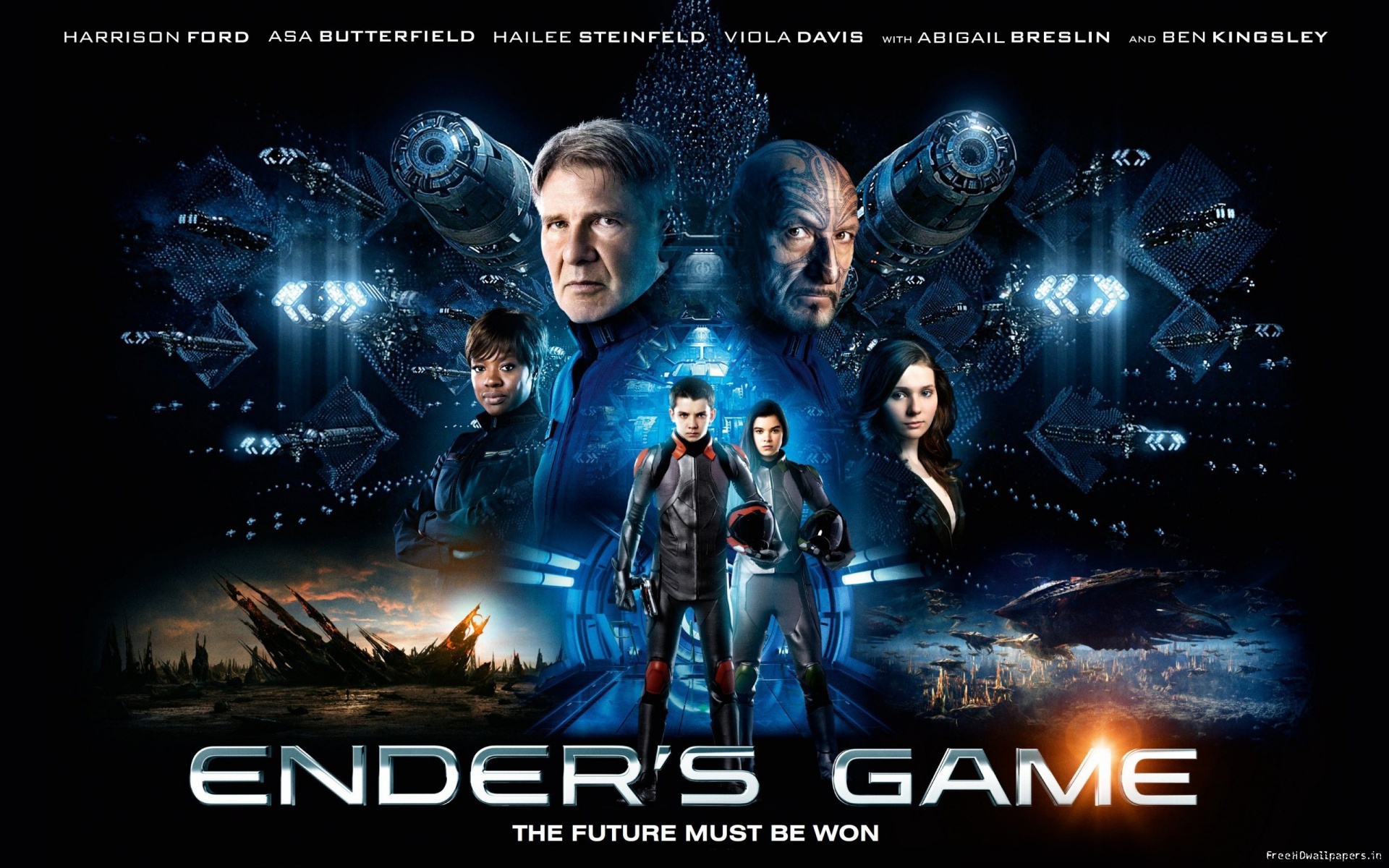Scriptwriter Gavin Hood
Rating 👍(8 of 10)
Watch for the beautiful and absorbing story, the digital wonders, as well as the thought-provoking moral issues that character face and make choices.
Review
The story is tight and interesting, particularly to young viewers. The plot is unpredictable enough to be fascinating with twists that are logically reasonable as well as well thought out. The characters are well-fleshed out with the main characters shown with enough depth to be convincing. The graphics are convincing too as well as credibly imaginative.
Above all, the content handled many positive lessons that the Catholic audience will find valuable and useful to learn.
First is man’s primal instinct to survive. When placed in a tight situation, a person will expectedly do what it takes to survive. While playing the mind game, Ender found himself in a no-choice situation wherein the two options presented were no option at all, as either brings his game character to death. Knowing that the only option for the character to survive was to kill the giant guardian of the choices, Ender decided to let the character do so.
Second, people tend to seek better leaders, someone who treats them well. Despite his junior level, Ender’s basic goodness endeared him to the older teammates. Commander Bonzo’s insecure and masochistic leadership estranged him from those who look for better leaders.
Third, it takes heroism to sacrifice oneself for the safety of others. Ender’s strategy that proved to be consistently successful was the voluntary use of sacrifices of a few soldiers so the rest of the team survives the challenges. He let a scout hit when he sent Bean to do so and pull him back when he accomplished the task. He also sent the sharpshooter Petra with Dink as a shield to bring down the enemy count. His team, which never won in its history, defeated the Salamander army, which had never experienced defeat in the last 20 game battles. The same tactic allowed him to win the virtual battle against the Formic forces when he let the rest of the air forces defend Petra’s weapon, which destroyed the alien planet.
The story presented many moral issues for Catholic discussion, difficult issues that challenge moral principles when placed in a situation where death can result from an inadequate reflection of the situation, not balancing the need to protect others with the principle of nonviolence or not killing.
Points of Discussion
1. Is it alright to sacrifice the lives of a few to protect the lives of many?
2. Is it acceptable to kill in order to survive or not get killed as opposed to letting oneself be killed rather than to kill?
3. Should it be acceptable to risk the lives of the human race in the name of diplomacy by waiting for a diplomatic solution to be taken at the expense of giving up the element of surprise that is critical in any warfare?

Comments
Post a Comment